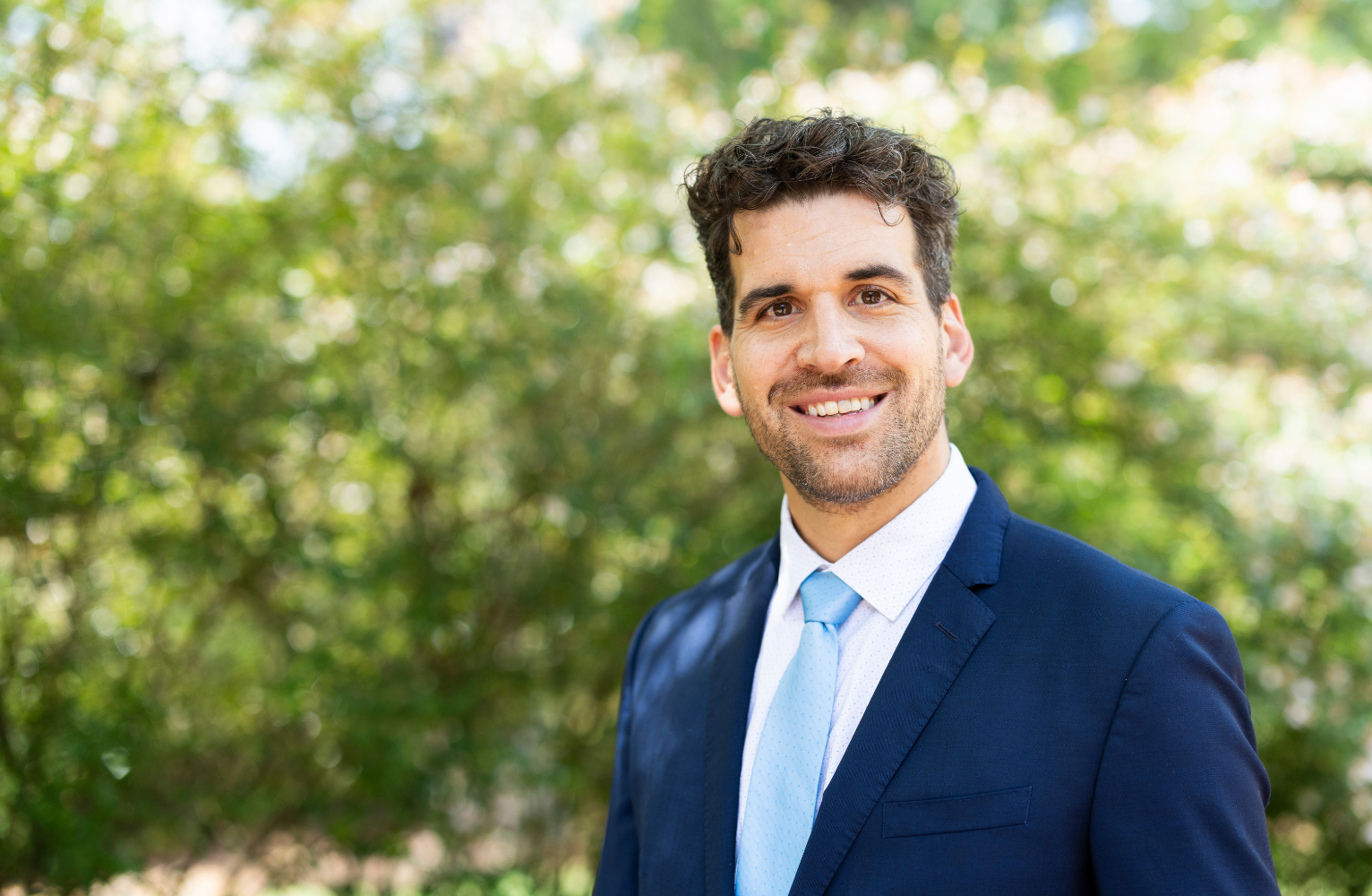
Francesca Dillman Carpentier, W. Horace Carter Distinguished Professor in the UNC Hussman School of Journalism and Media, on how media messages can slip under a person’s radar and affect their thoughts, beliefs and actions.
Over the last several decades, the number of available media options has grown from a handful of national TV networks to an endless number of digital, print, television, streaming and social media channels. Francesca Dillman Carpentier’s research examines the relationship that people have with the media that now surrounds us all.
She studies what content people gravitate toward and why, as well as the effects that media messages have on our thoughts, feelings and behaviors. Her research also examines how people can manage their media consumption in responsible ways, or “reclaim their brains.”
How do media messages subconsciously affect people’s thoughts, beliefs and actions? And how can someone mitigate the impact of media content?
CARPENTIER: Many people are consuming media at all times — on their phone, via wearables like smart watches, and more. And because they are selecting media from an endless set of options, people often feel they are individually curating the media they consume, without realizing that they are actually consuming a set of common media content that is being driven by algorithms that suggest content related to what they’ve already consumed.
My favorite research area is what I call “brain turned off” moments. Imagine someone sitting down to relax and watching video after video on TikTok, without critically thinking through what they’re consuming. The messages that are being consumed in these moments become a part of that person’s background and are no longer scrutinized. Much of what is seen and heard just falls away, but some of it will touch on previous memories — things that person has heard or experienced before. If a message takes a strong enough hold, or is repeated enough, it gets pulled up higher into a person’s consciousness.
This is why we see young people attempt dangerous viral challenges like putting Nerds up their noses. They are more susceptible to dangerous media messages because their brains are still developing, and then once they’ve seen the message enough on social media it seems completely normal to them.
We’d all like to believe that there’s something unique about us that makes us impervious to being influenced by media messages, but that’s just not true. Our brains are wired to help us run our lives efficiently by turning off critical thought when it’s not needed, and that means we’re all susceptible to messages coming in under our radar.
But the good news is, there are things we can do to reduce the potential unwanted effects of media consumption. If “brain turned off” is the root problem, then “brain turned on” is the solution. This can look like thinking back over your media diet from the day and asking yourself, “What did I consume today? Was there anything weird that I should put a red flag on?” Because once we consciously put a red flag on a media message, even if it comes up again, our cognition has it tagged as weird and we are less likely to be influenced by it.
Distinguished and named professorships support renowned scholars and propel research at Carolina. These privately funded endowments help attract and retain the academic leaders of today, ensuring a state-of-the-art education for all Tar Heels.
As told to Audrey Smith
Photo submitted by subject
Related Stories




